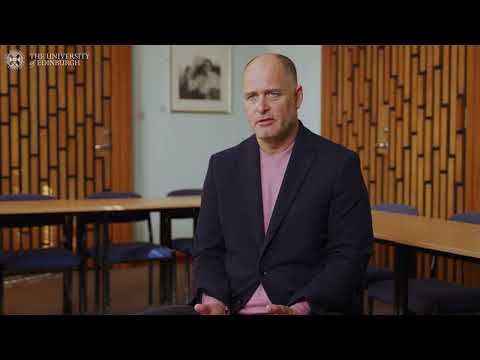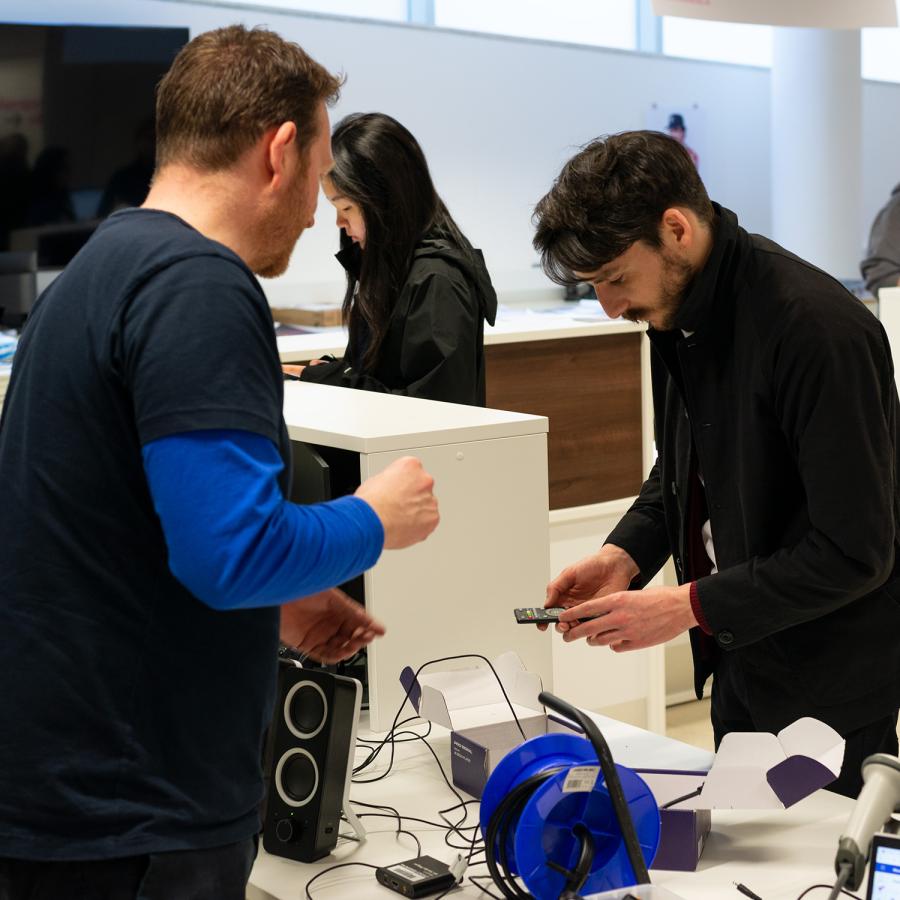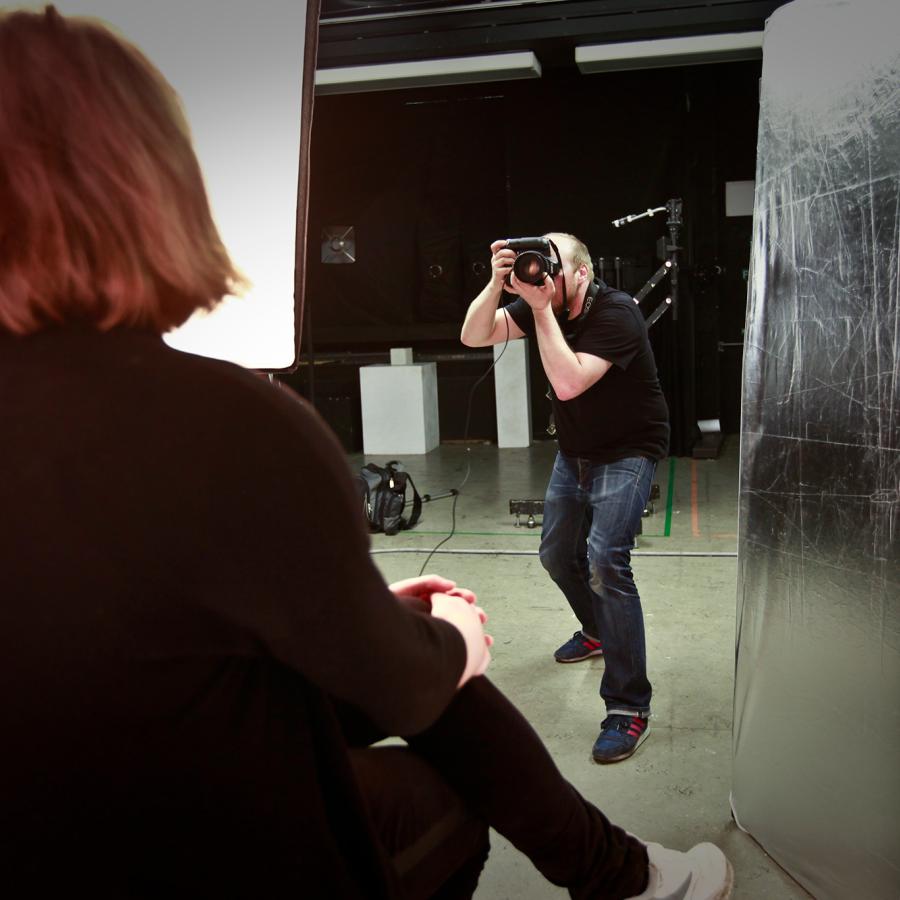Outline
Once understood as a conservative discipline, cultural heritage is emerging as a set of experimental practices, engaging with contemporary developments including:
- new technologies
- reconceptualisations of the tangible and intangible
- shifting global relations
- changing epistemologies of the past
- movements towards participatory democratisation
This evolving discourse is too complex to belong to one single subject area or its traditions. The Cultural Heritage PhD offers a way to engage with these multidisciplinary considerations and to benefit from synoptic insights when addressing them.
Interdisciplinary research
The cross-disciplinary and cross-sectoral model of this programme offers you the opportunity to:
- research a singular problem in-depth within the appropriate disciplinary environment
- set your disciplinary approach within the context of alternate discourses, framing new contributions to the field
We therefore welcome proposals with a wide range of disciplinary approaches, including:
- anthropology
- archaeology
- computing and informatics
- education
- history and classics
- International development
- law
- religious studies
- science and technology studies
- sociology
- the practices, histories, and theories of:
- art
- architecture
- music
- literature
- language
We also welcome any combination of the above.
We invite you to consider how your approach and contribution might enhance the field and the practice of cultural heritage, helping scholars, citizens, and institutions to address urgent global challenges, both within and beyond the academy.
University libraries and facilities
You will have access to the high-quality facilities of three University of Edinburgh libraries:
- the Main Library (which includes the Centre for Research Collections, where the University of Edinburgh’s historic collections are held)
- the ECA Library
- the Art and Architecture Library
The University is also home to:
- The Talbot Rice Gallery - A public art gallery and part of Edinburgh College of Art, committed to exploring what the University can contribute to contemporary art practice today and into the future
- St Cecilia’s Hall - Scotland’s oldest purpose-built concert hall, housing the Music Museum which holds one of the most important historic musical instrument collections
Alongside University-wide resources, you will have access to a range of spaces and facilities at the Edinburgh College of Art (ECA) campus such as:
- study spaces (some of which are 24-hour access)
- studios
- workshops
- multimedia laboratories
- photography and exhibition facilities
- shared recording space
- recording equipment (available through Bookit, the equipment loan booking system)
There are several bookable spaces for developing exhibitions, workshops or seminars.
You will also have access to the extraordinary range and quality of exhibitions and events associated with ECA, as a leading college of art situated within a world-class research-intensive university.
Beyond ECA, you may have access to facilities in your co-supervisors' schools, subject to approval. Other school facilities may include specialist equipment, libraries, and spaces for study.
Other research facilities in Edinburgh
In addition to the University’s facilities, you can access wider resources within the City of Edinburgh, including but not limited to:
- the National Library of Scotland
- the Scottish Studies Library and Digital Archives
- City of Edinburgh Libraries
- Historic Environment Scotland
- National Trust for Scotland












